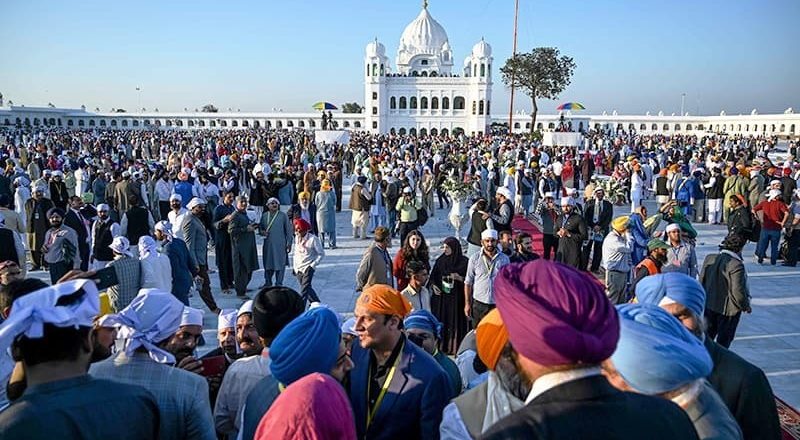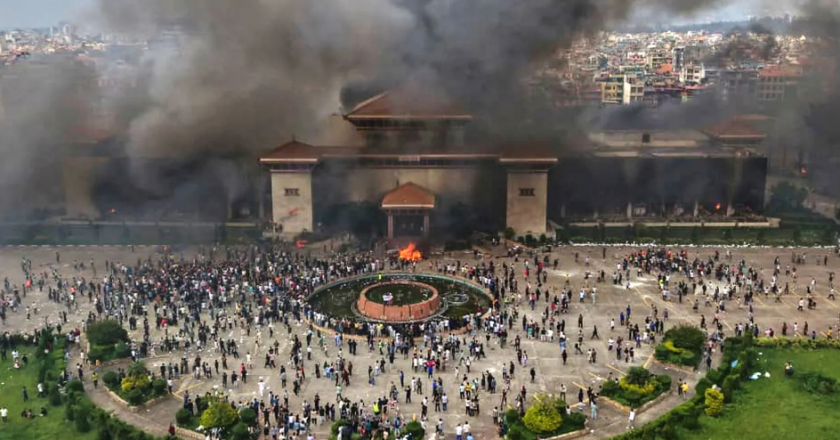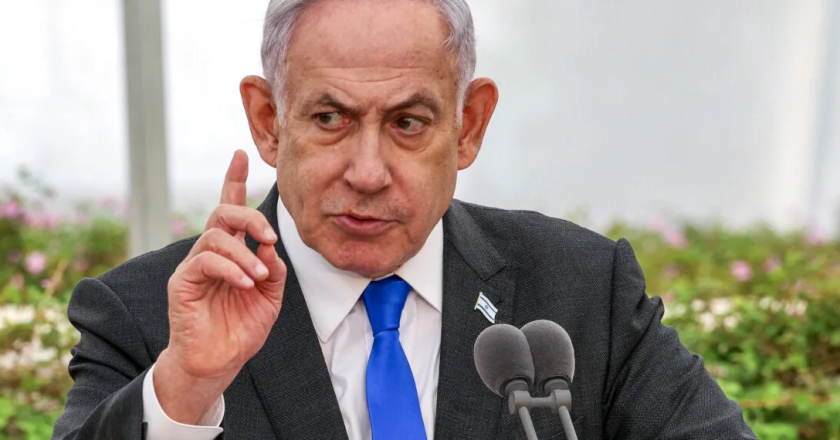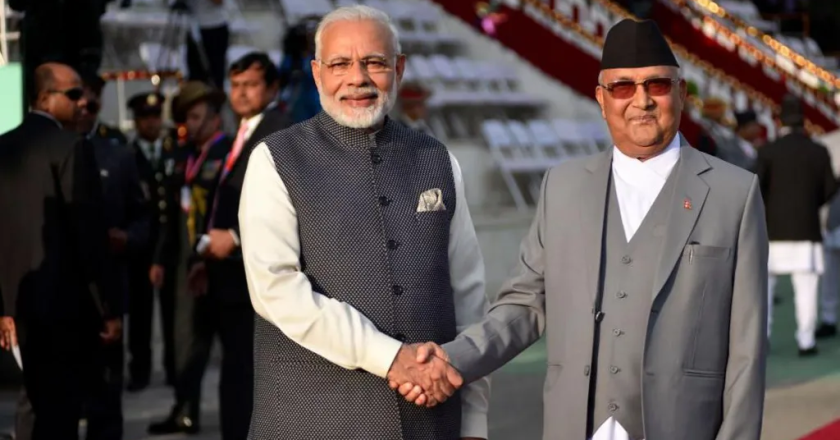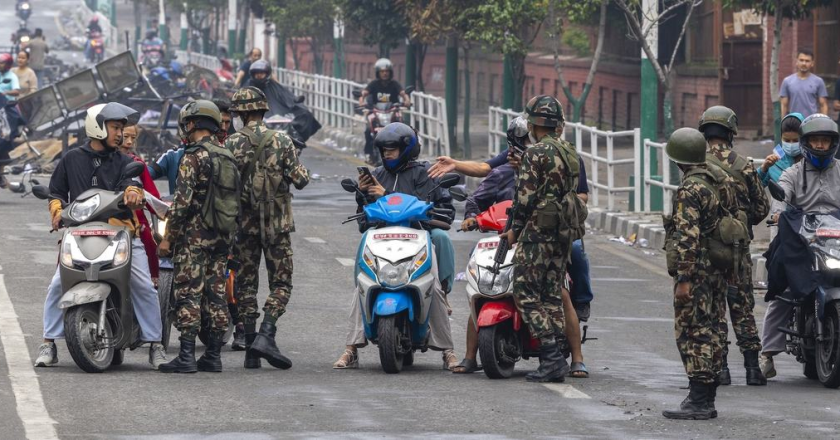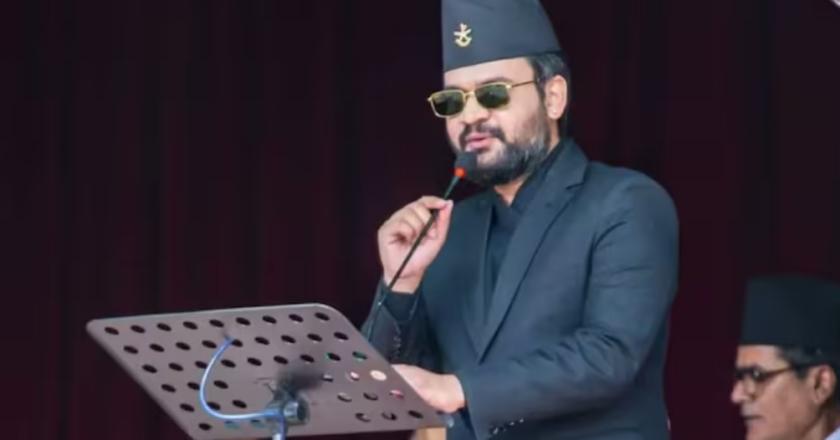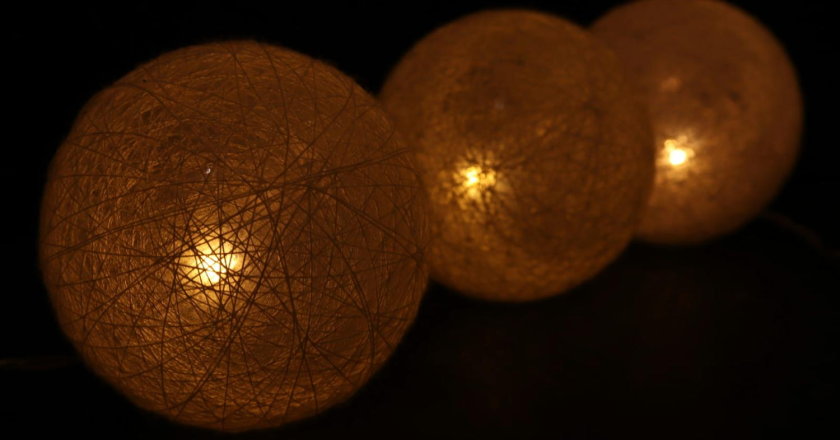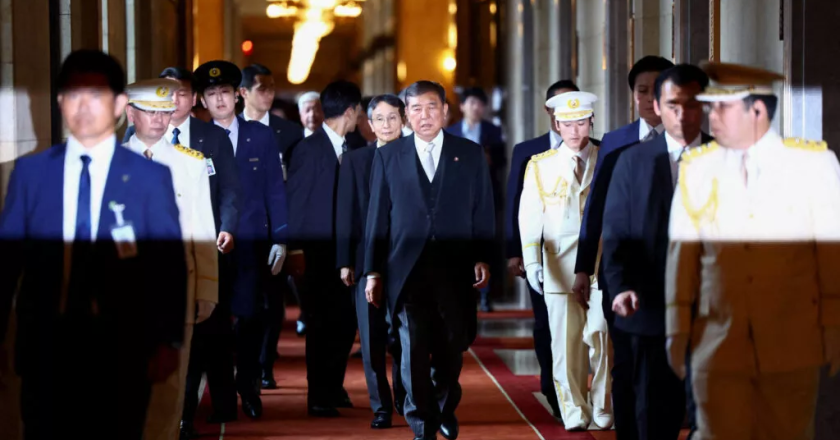PakistanŌĆÖs mismanagement aggravates damages to Kartarpur gurdwara and suffering of Sikh pilgrims
Thousands of people, including Sikh pilgrims from across the world, were trapped in Gurdwara Darbar Sahib in Kartarpur even as the holy shrine was inflicted with severe damage in the recent floods, which could have been prevented if the Pakistan government had taken precautionary measures and responded swiftly when the disaster occurred. According to the state-broadcaster Radio Pakistan, about 200-300 people were stranded in Kartarpur, even as an independent analyst said the preliminary losses due to the damages were a whopping USD 500-700 million.
Pakistan governmentŌĆÖs ŌĆ£chronic unpreparednessŌĆØ was responsible for the disastrous floods in Kartarpur and elsewhere, said Nabeil Schaik, a British entrepreneur of Pakistani origin. ŌĆ£Warnings were issued, but PakistanŌĆÖs response was slug

